Ask a coach: 'Do I need carbs as well as protein in my recovery shake?'
What is the optimal post-ride macro-nutrient blend?
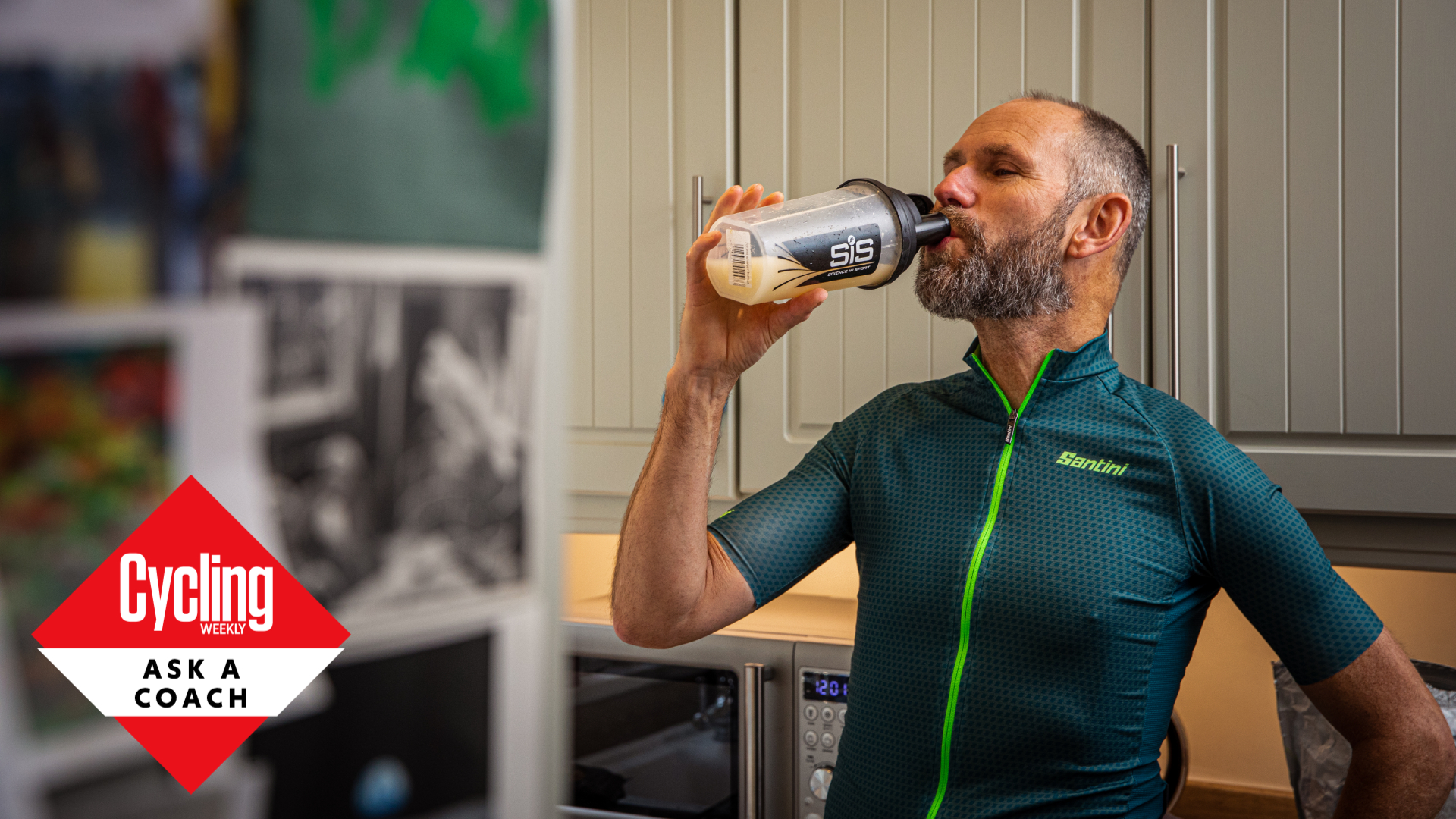

We all know that recovery is paramount to improving performance. Recovery is when all the adaptations take place. By optimising recovery, we can hopefully, optimise adaptations and that means we get fitter faster.
The basics of recovering effectively are plenty of sleep and good-quality nutrition. One thing that most cyclists do, or at least they should do, is to take one of the best recovery drinks after a hard training session. But with a myriad of different offerings out there – what needs to be in a recovery shake? Cycling coach James Spragg details what you should be looking for and explains why that's the case...

Sports scientist and coach James Spragg is one of the experts who will be answering your questions in Cycling Weekly's ASK A CYCLING COACH series which comes out every Wednesday. Working both in research and applied settings, he currently runs Intercept Performance Consultancy.
When you finish a training session two things need to happen – firstly you need to replace the fuel you have used, and secondly, you need to give your body the ingredients to build more structures within the body – be that new muscle fibres, new capillaries or new mitochondria.
Building new structures
To build new structures in the body you need the basic building blocks. We call these amino acids. There are roughly 20 different amino acids that we use to make all the proteins in our body. However, there are nine of these basic building blocks that we, as mammals, cannot synthesis ourselves. Therefore, after exercise, it’s a good idea to take in enough of these nine essential amino acids. Do this and your body has everything it needs to rebuild and get stronger.
Re-fuelling
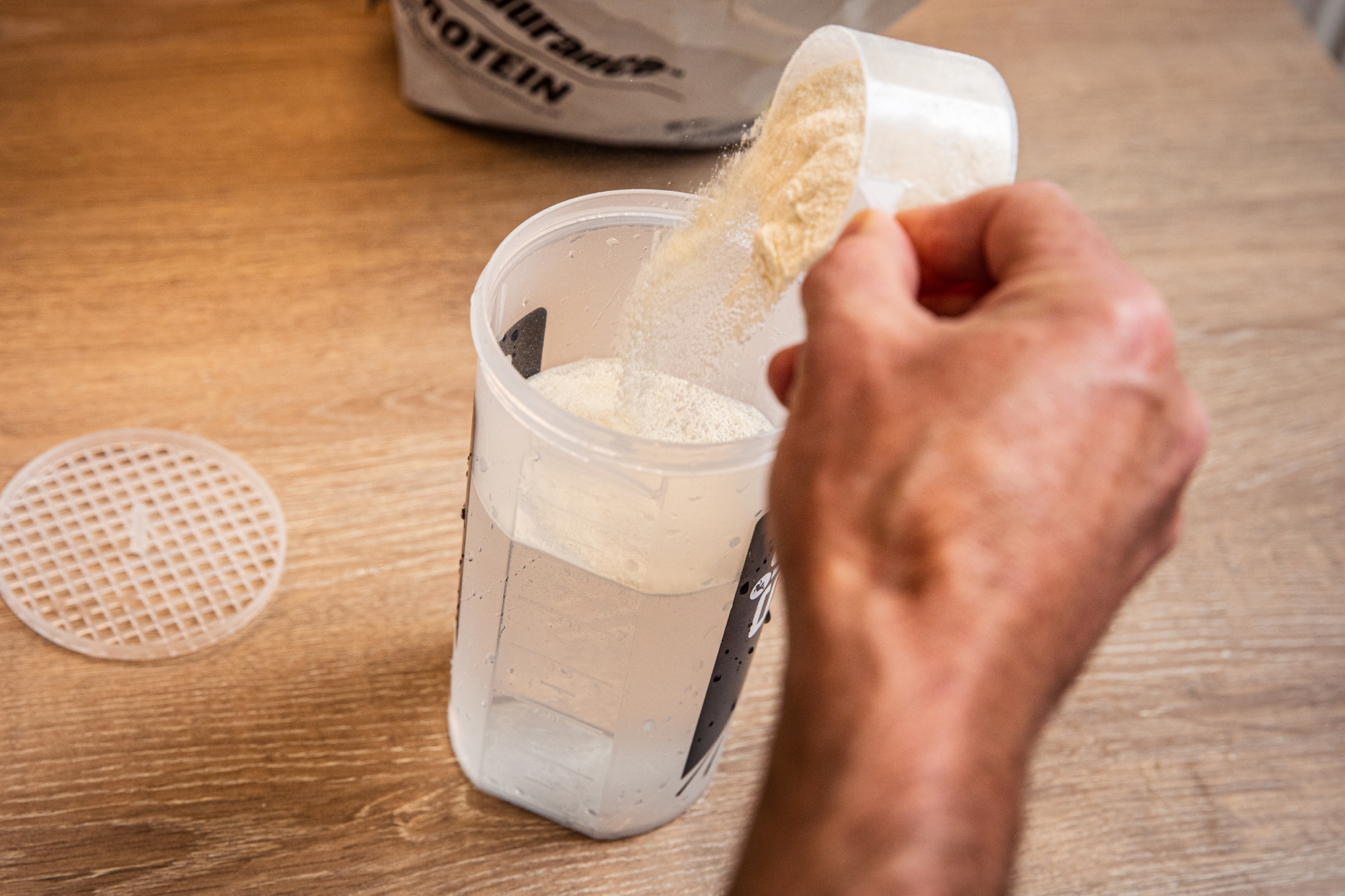
However, that is only half the story. Building alone is like putting a body kit on yourcar but forgetting to put any fuel in it. It might look a bit different but it wont be going anywhere quickly.
Get The Leadout Newsletter
The latest race content, interviews, features, reviews and expert buying guides, direct to your inbox!
When we exercise, we use a mix of carbohydrates and fats as fuel. Even the leanest of athletes has plenty of fat so we don’t need to worry about replenishing fat stores.
However, we only have limited carbohydrate stores. We store carbohydrates in the body as glycogen. In total, we only store around 80g of glycogen in the liver and ~300-500g of glycogen in the muscles. That is not a lot!
After exercise, we have a 30–40 minute window in which our bodies can, relatively quickly, replenish glycogen stores. After that, we move outside of the optimal window and glycogen replenishment slows down.
Fuelling after exercise
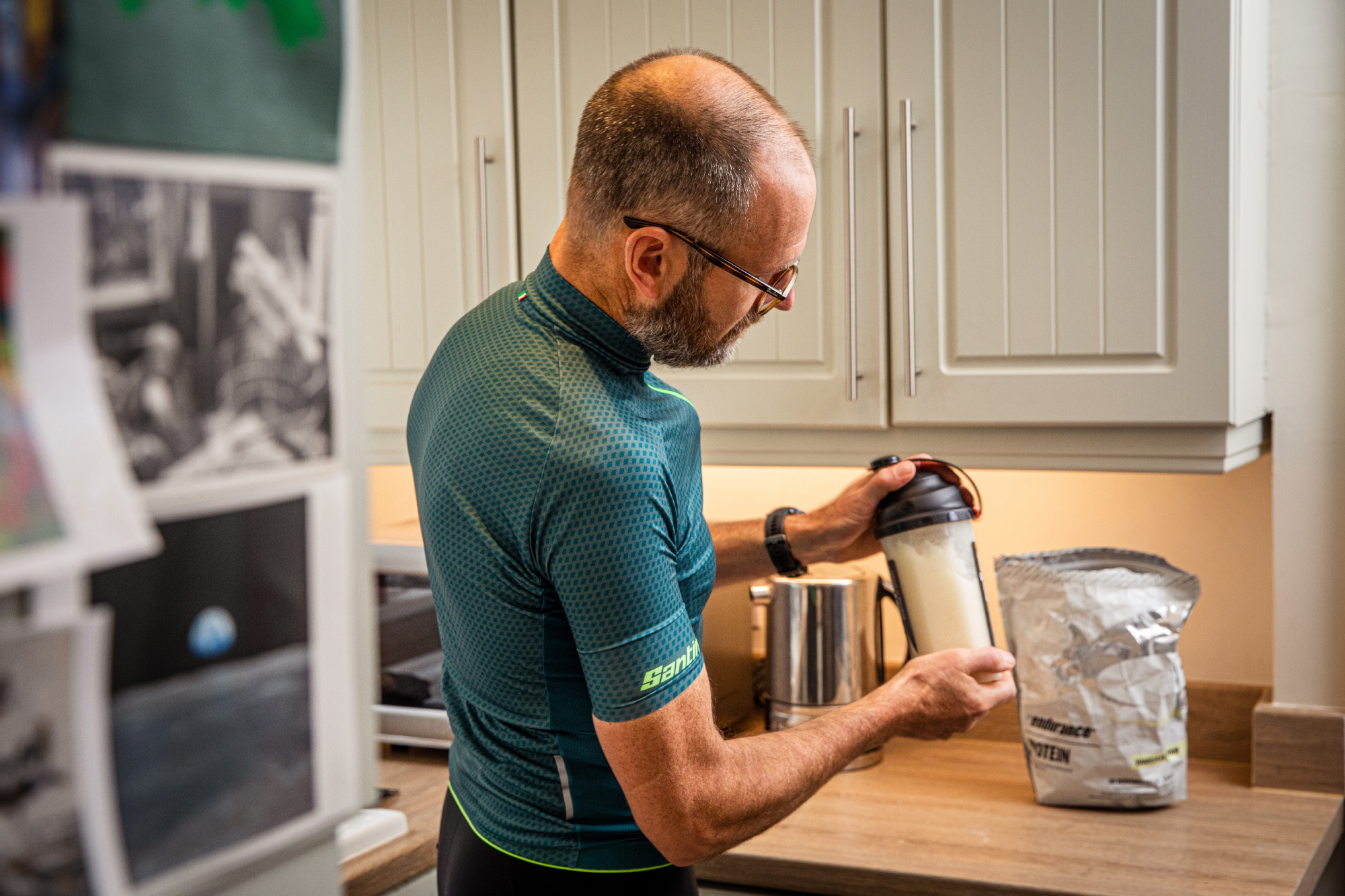
So straight after exercising our bodies need two things – essentially amino acids and carbohydrates. Therefore, these are the key ingredients in any recovery shake. If you want to maximise performance, make sure you have both in your recovery shake. Protein alone is not sufficient to maximise recovery.
A top-secret tip is that while there are some great products out there, we don’t always need to rely on specific drinks to optimise recovery. 500ml of chocolate milk will also provide everything your body needs – plus it tastes a lot nicer!
As well as recovery shakes, the sports sector is packed with products purporting to boost recovery - we've assessed whether they really provide recovery boosting effects in our guide on the truth about recovery aids for cycling.

Thank you for reading 20 articles this month* Join now for unlimited access
Enjoy your first month for just £1 / $1 / €1
*Read 5 free articles per month without a subscription

Join now for unlimited access
Try first month for just £1 / $1 / €1
James Spragg is a sports scientist and coach, working both in research and applied settings. When not working with athletes James can be found skiing, climbing, cycling or drinking coffee!
Alongside Dan Lorang and Peter Leo, James runs Intercept Performance Consultancy. Over the last 8 years in various roles, as coaches, performance consultants, performance managers, and sports scientists, Dan, James and Peter have played a role in helping athletes achieve more than 10 World Championship titles, several Olympics medals (including a Gold and Silver Medal in Tokyo 2020) and several Top 5 results in some of the biggest sporting events on the planet (Tour de France, Olympics, World and European Championships). Our single focus is on improving performance in all settings.
-
 If safety was really the priority of racing, we’d be doing it online
If safety was really the priority of racing, we’d be doing it onlineWe’ll need to get more radical to reduce the risks of racing, says CW's columnist
By Michael Hutchinson
-
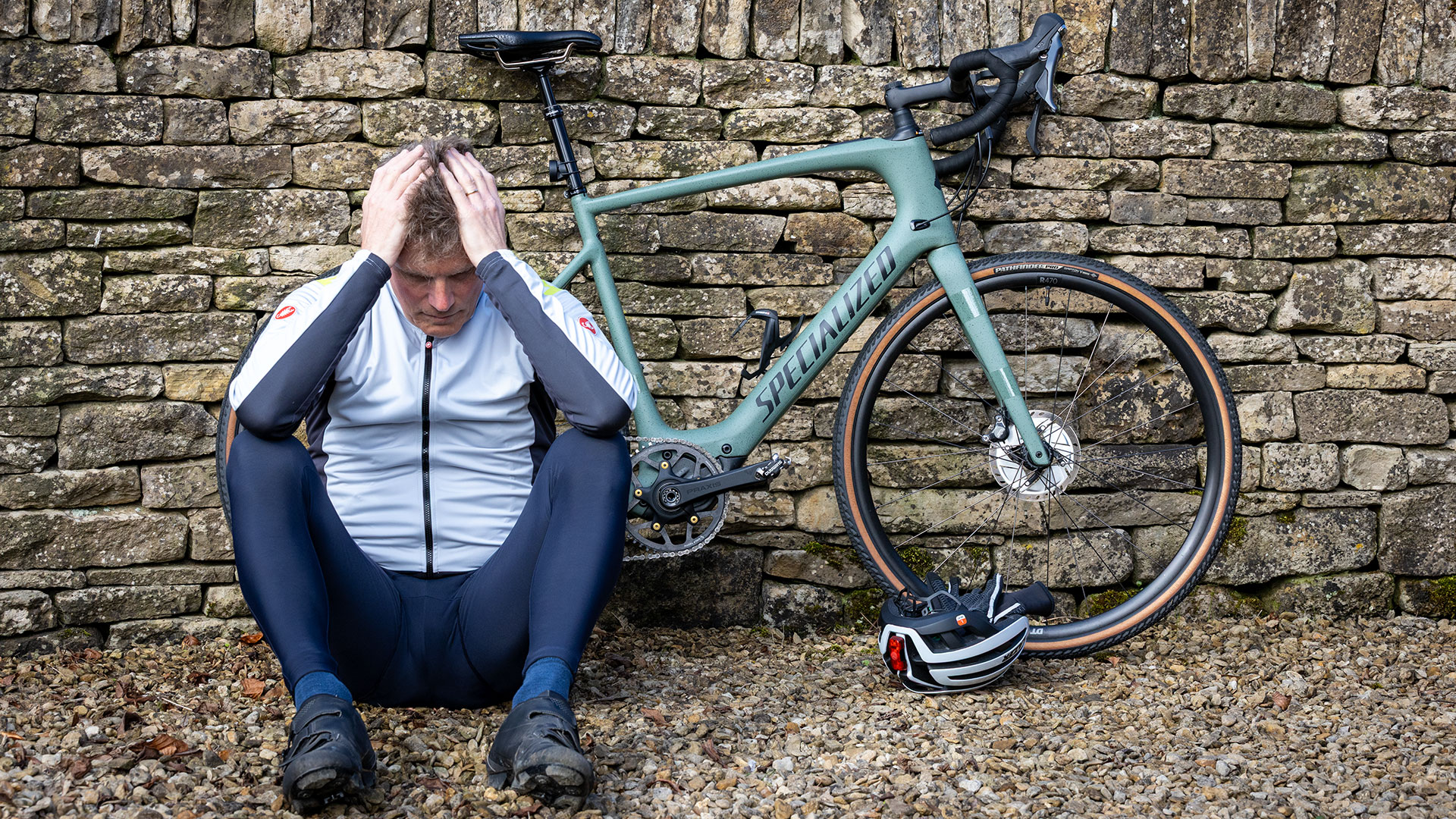 Why do I feel like a cheat every time I ride my e-bike?
Why do I feel like a cheat every time I ride my e-bike?I love my e-bike but struggle with the shame that accompanies me on my rides. Why?
By Simon Fellows
-
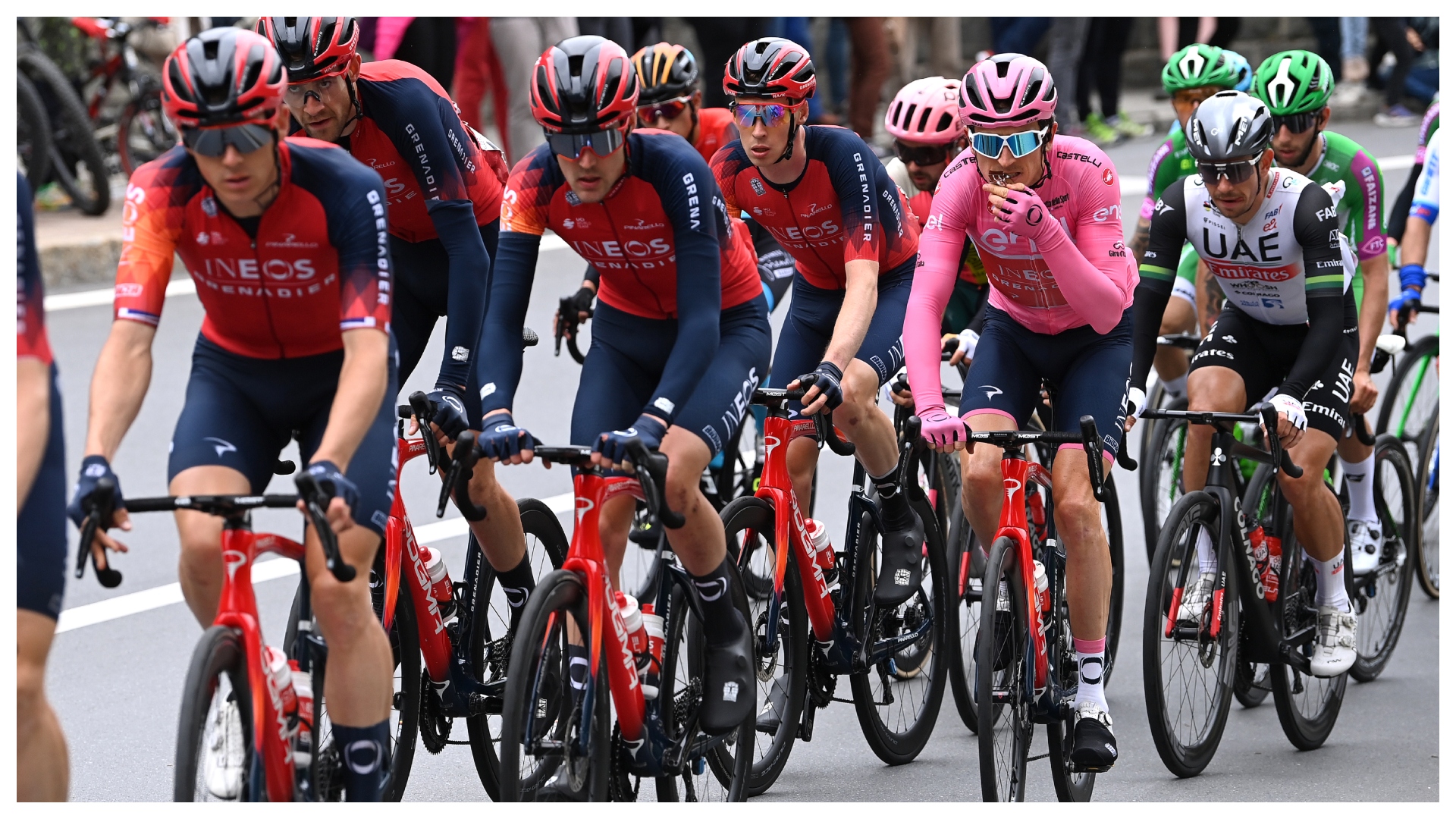 Five nutrition questions answered by an Ineos Grenadiers expert
Five nutrition questions answered by an Ineos Grenadiers expertWe put some hot fuelling topics to Dr Marc Fell, performance nutritionist for Ineos Grenadiers
By Sponsored
-
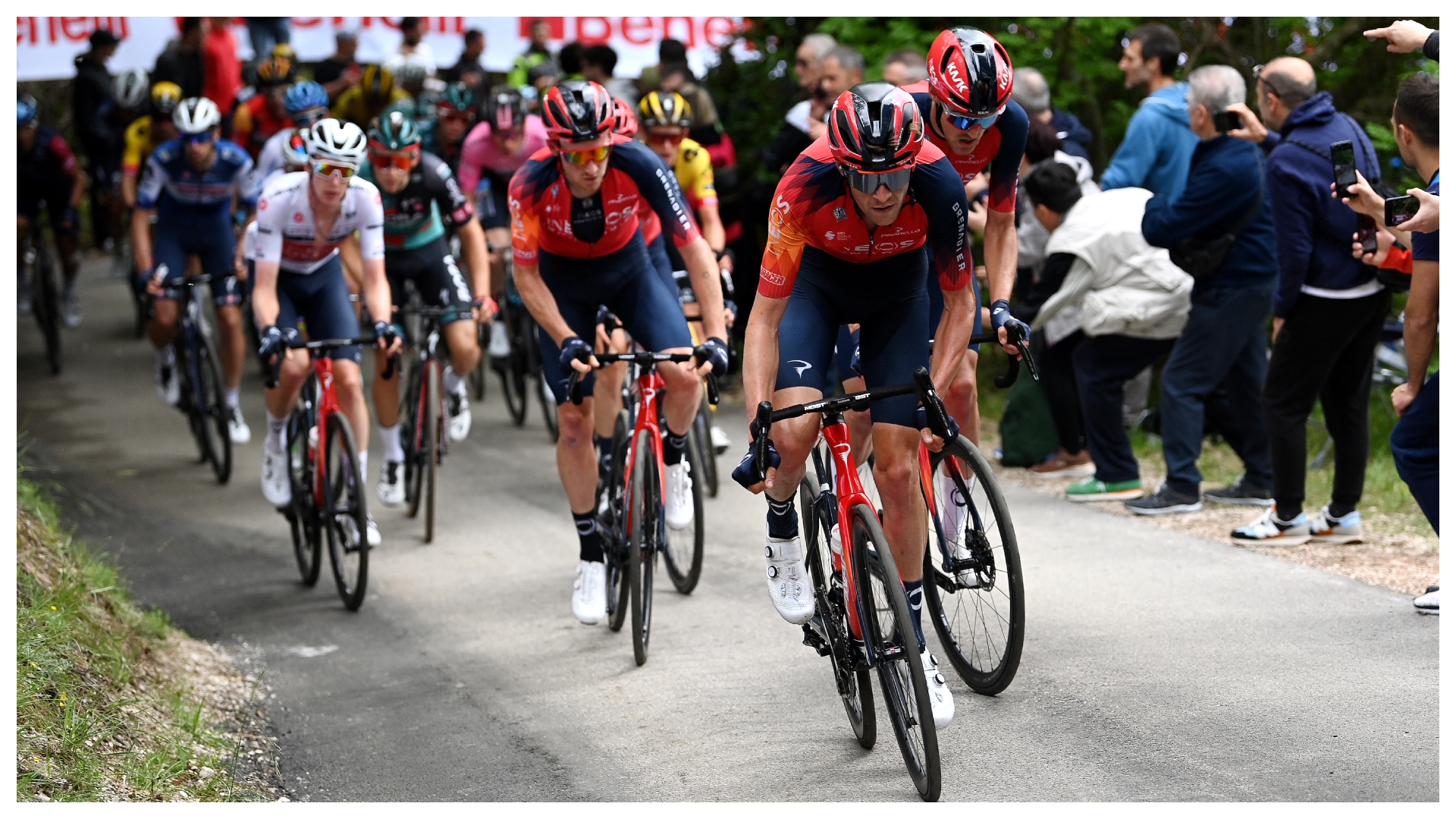 Eating for optimal recovery
Eating for optimal recoveryHow INEOS Grenadiers use Science in Sport to fuel their recovery
By Sponsored
-
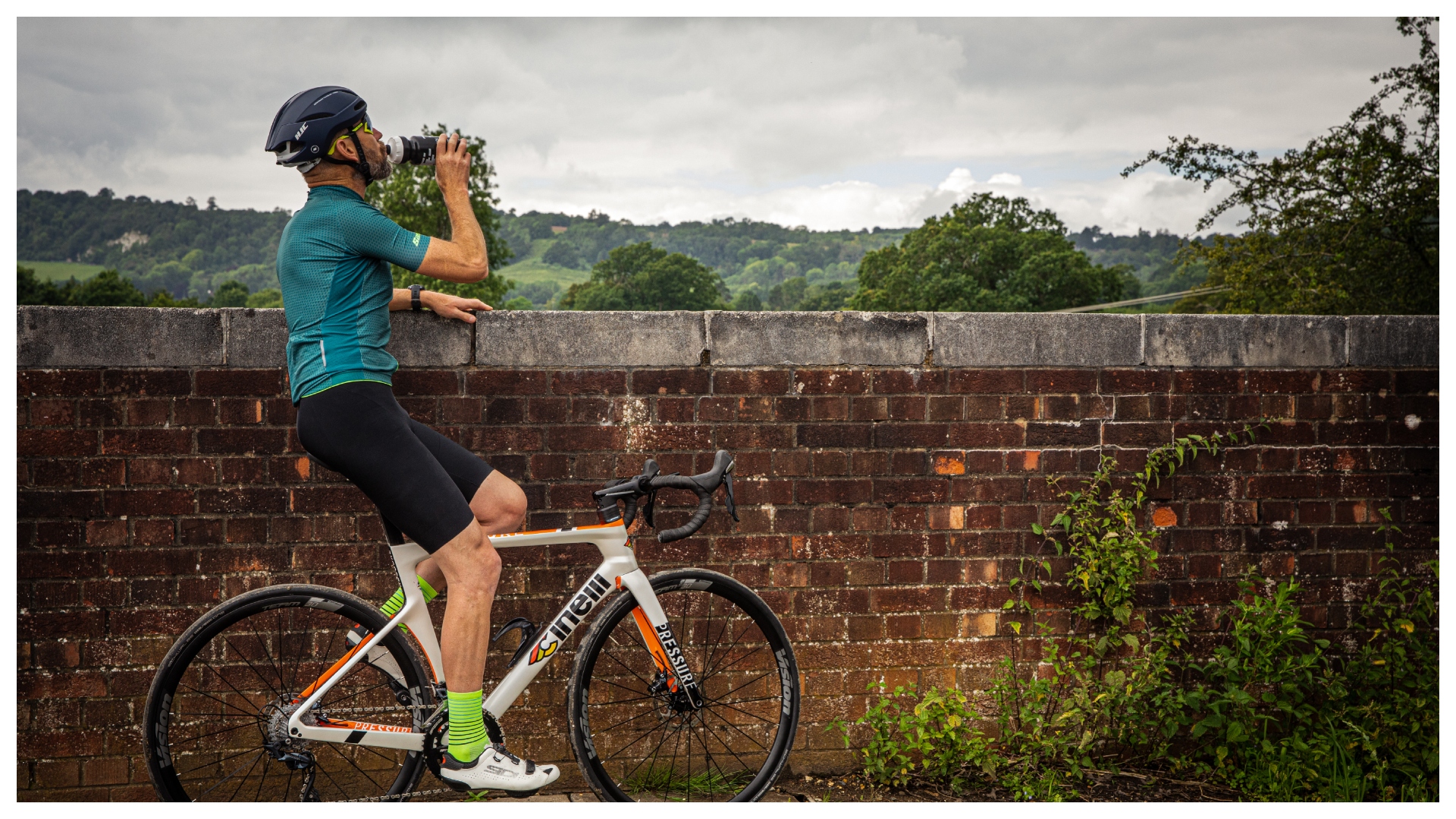 What to drink when cycling - the liquids you need on the bike
What to drink when cycling - the liquids you need on the bikeNot all liquid is created equal - we explain the different types of fluid that'll help you ride further
By Luke Friend
-
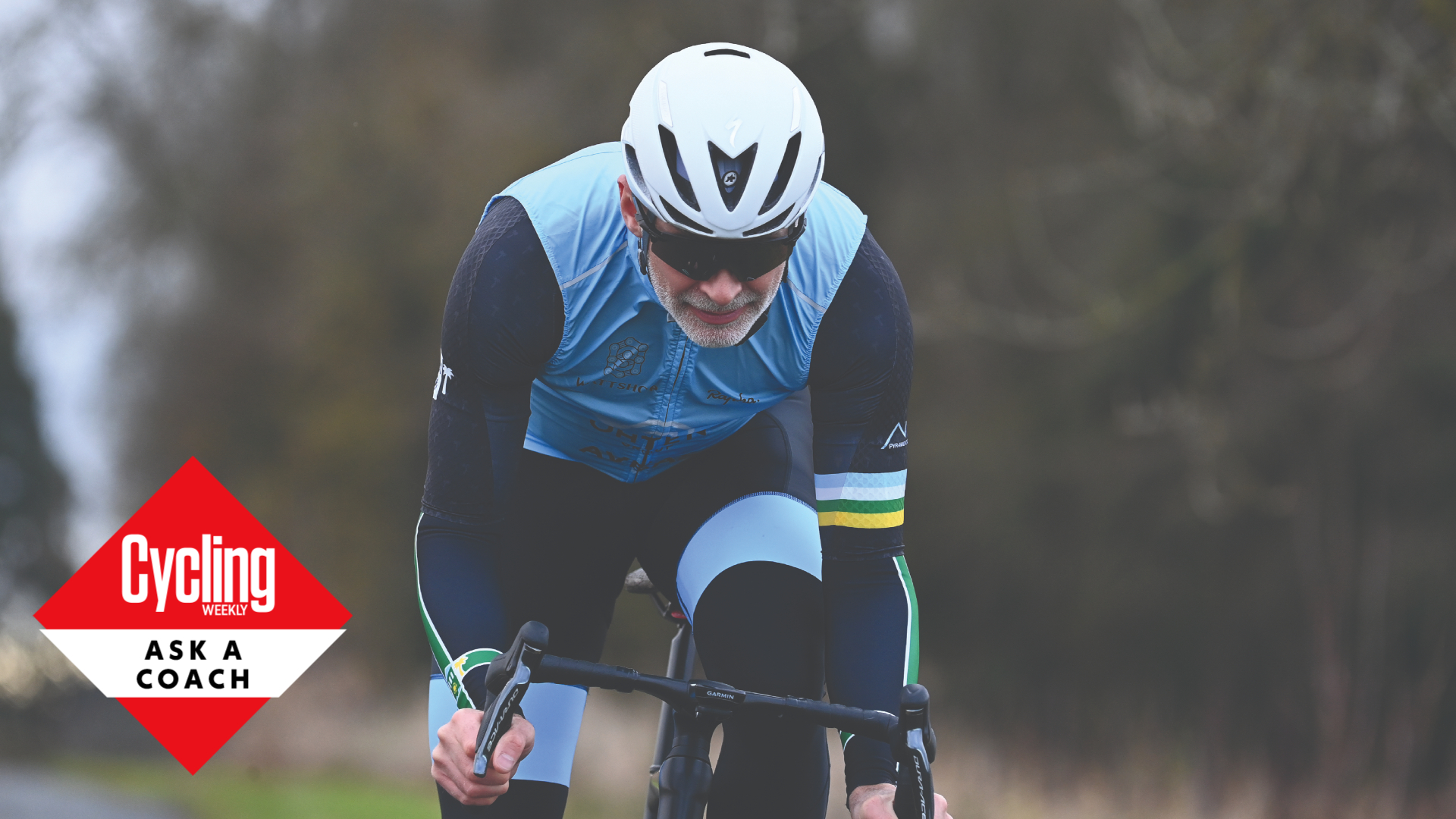 Ask a coach: 'I’m over 40, what is a good VO2 max for my age?'
Ask a coach: 'I’m over 40, what is a good VO2 max for my age?'VO2 max measures how much oxygen your body can utilise in a minute - but how does yours compare to the average, and does it matter?
By James Spragg
-
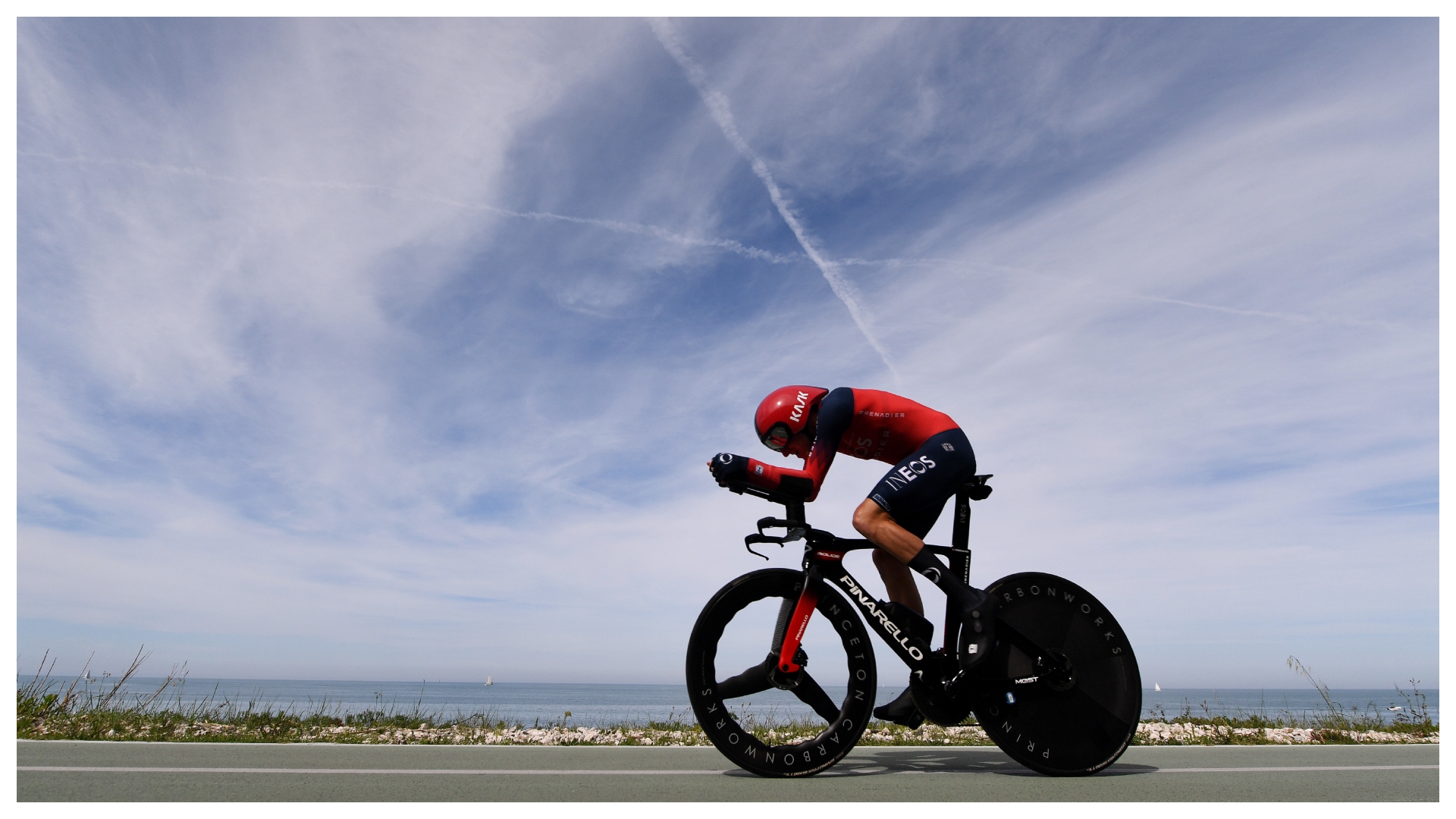 Performance fuelling for time-trials.
Performance fuelling for time-trials.How INEOS Grenadiers use Science in Sport to fuel a Grand Tour stage when every second counts
By Sponsored
-
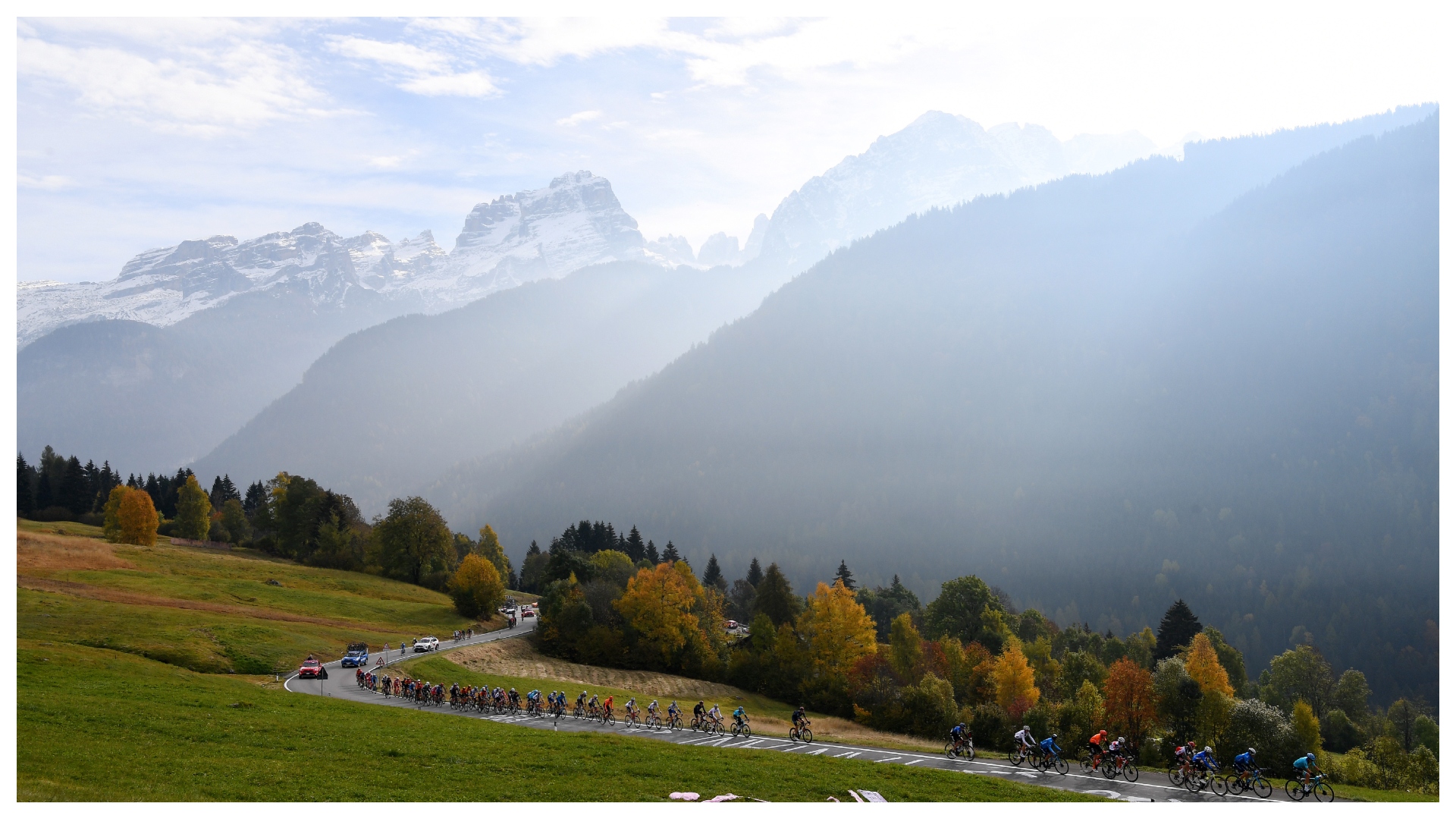 Fuelling for the mountains
Fuelling for the mountainsHow INEOS Grenadiers use Science in Sport to fuel a Grand Tour
By Sponsored
-
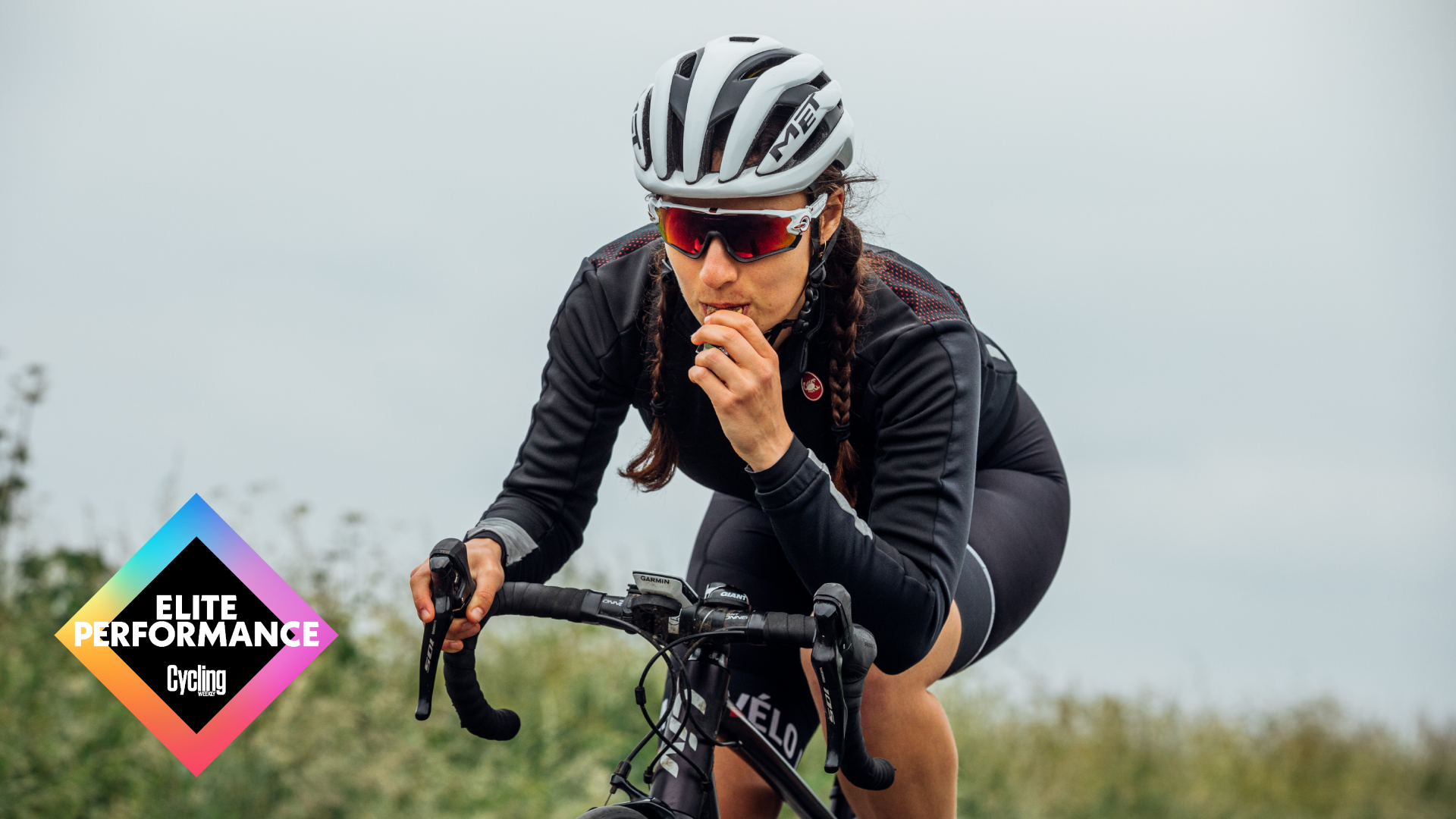 Should cyclists care more about chemicals in sports nutrition?
Should cyclists care more about chemicals in sports nutrition?With so much information now available about sports nutrition, how can athletes make sense of what’s best for them? We chat with two brands and a registered dietitian to get to the bottom of what formulas make sense and why
By Kristin Jenny
-
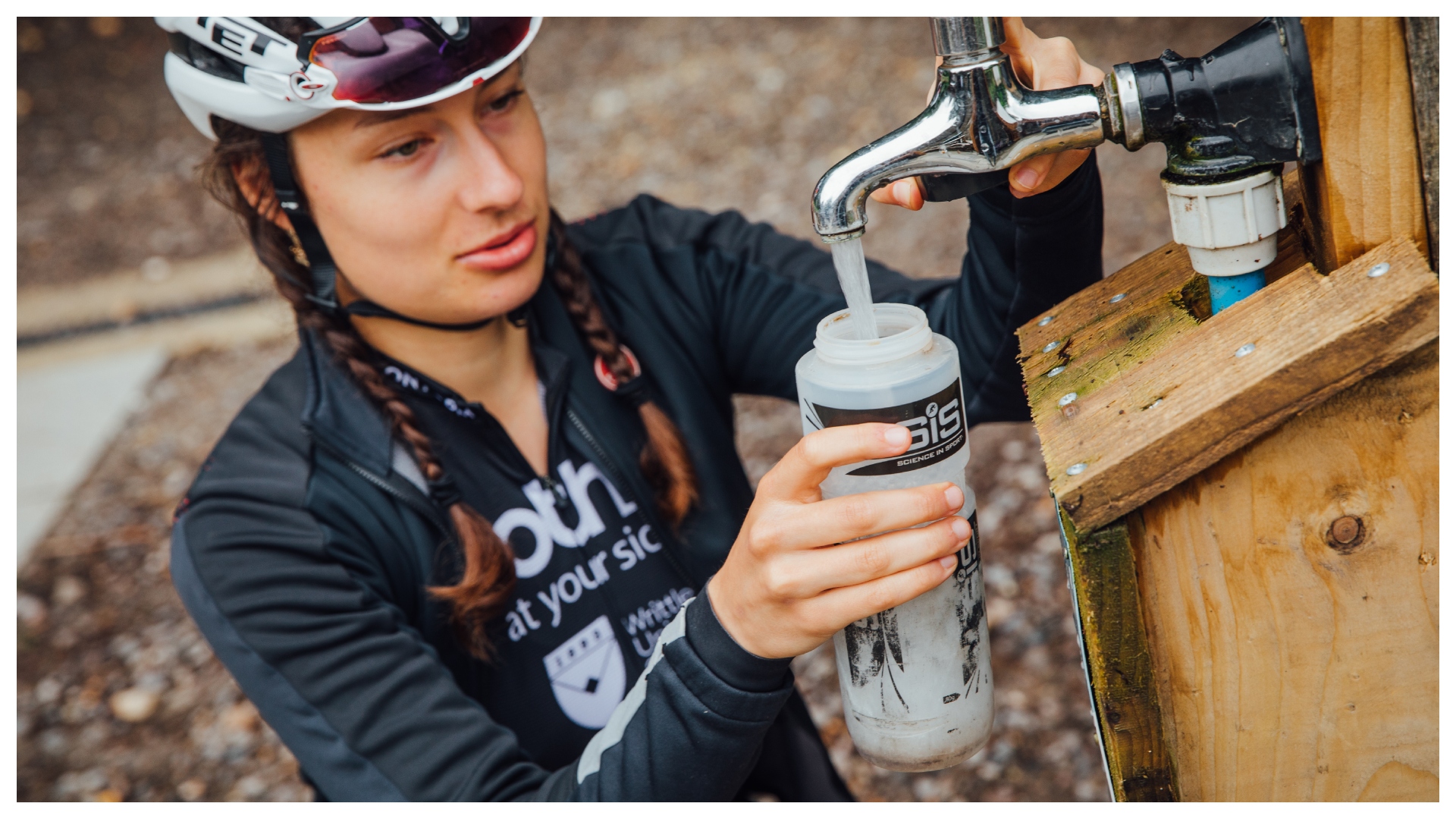 Are these six common sports nutrition rules fact or fiction?
Are these six common sports nutrition rules fact or fiction?By Adam Becket